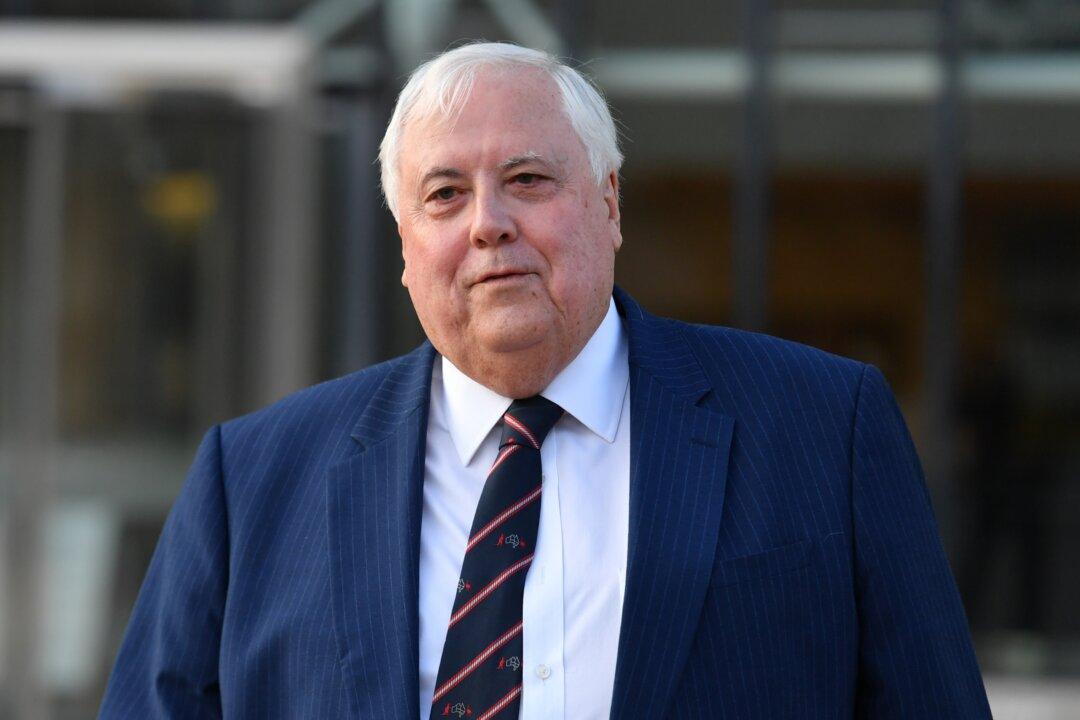The High Court of Australia has ruled in favour of a Western Australia (WA) law that specifically prevents mining billionaire, Clive Palmer, from suing the state, sparking anger from legal experts.
Palmer’s Mineralogy company had pursued WA for around $30 billion in damages over a 2012 mining dispute. However, due to concerns of overwhelming financial harm, the WA government took two days to enact the “Mineralogy Act”—an unprecedented legislation that effectively terminated any damages Palmer sought, prompting Palmer to escalate the matter to the High Court.





